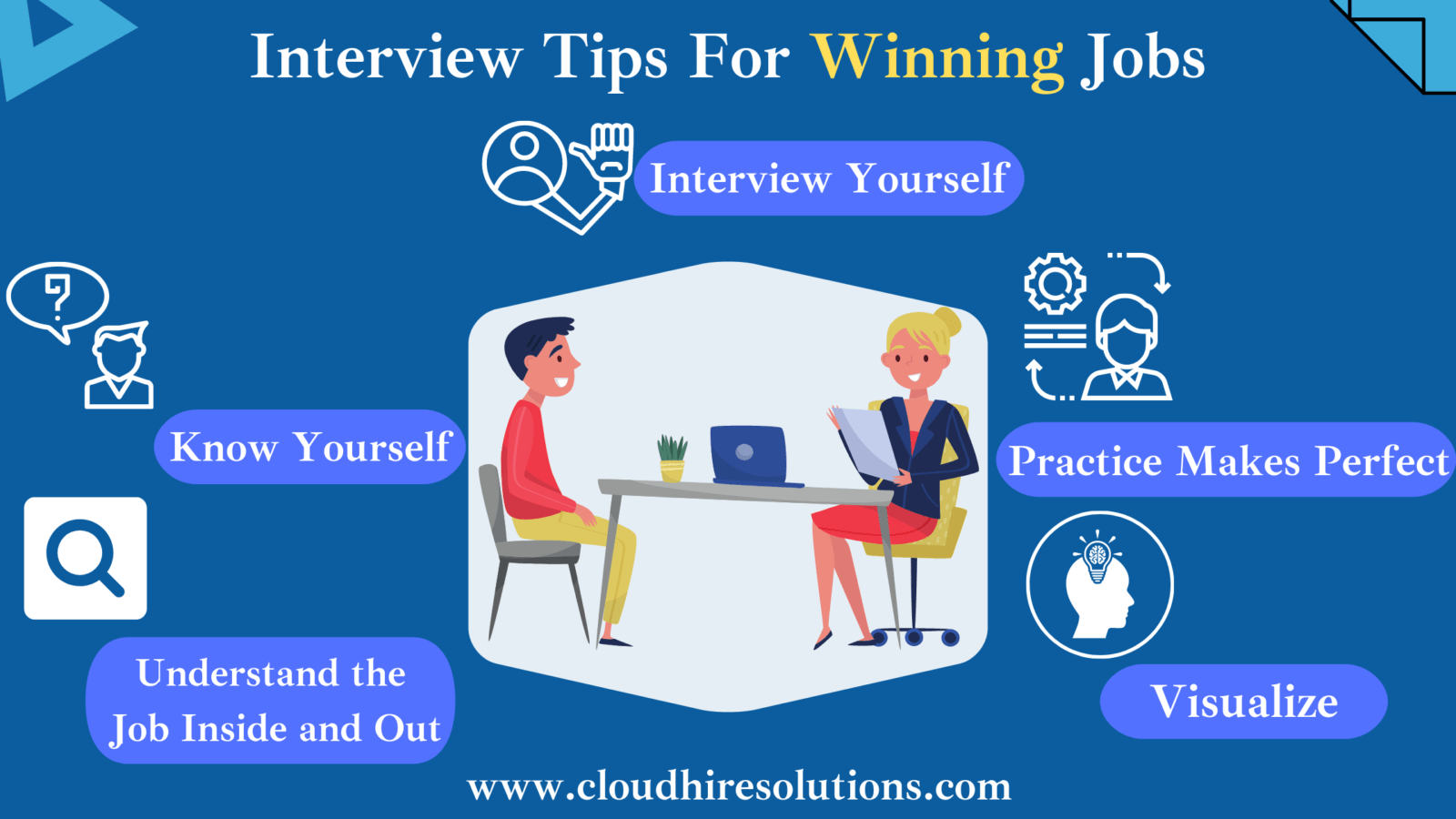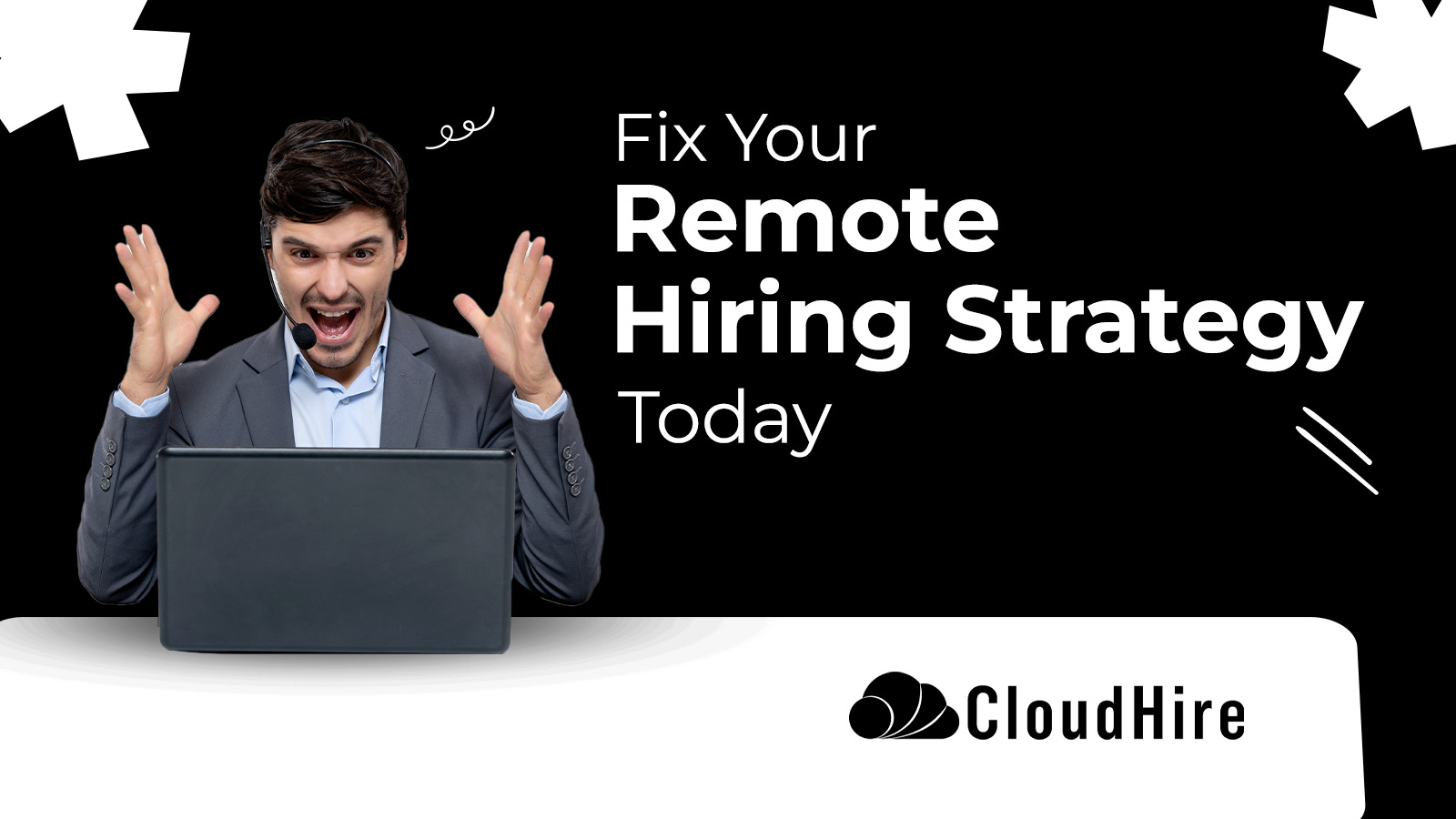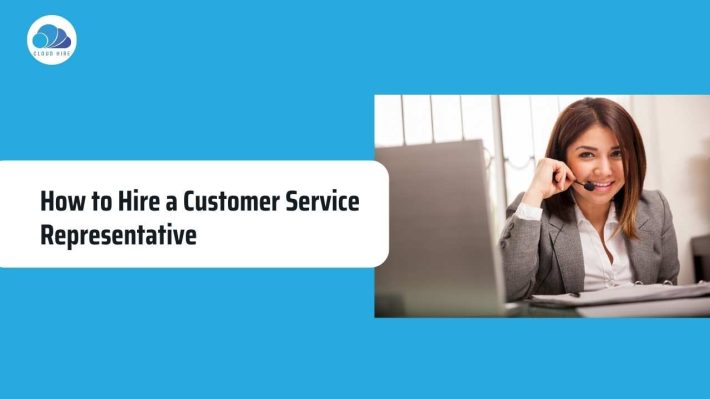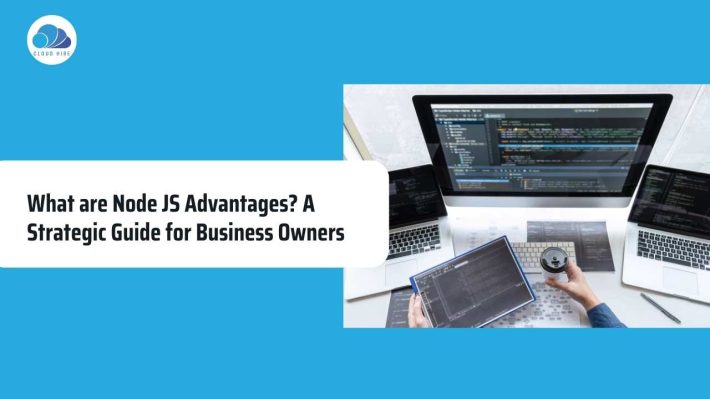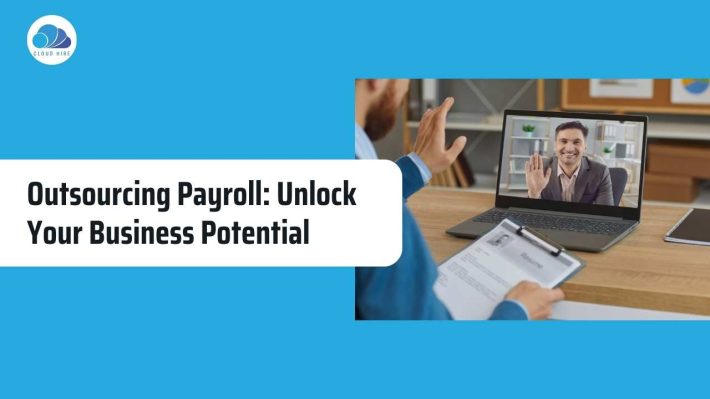The Steps of the Interview Process
When you’re interviewing for a job, the interviewer is interested in seeing how well you fit with the company’s values and goals. This process usually involves several interviews. Here we explain the steps of that process and offer tips to help you do well.
What is a job interview?
A job interview is a meeting between you, the job candidate, and an interviewer, who might be a manager, human resources personnel, or another representative of the employer. The two of you talk to see whether you are right for each other—and to find out if this is a job in which you can thrive. A single interview isn’t always enough: You might attend many rounds of interviews before you win a job offer.
The interview process at most companies generally consists of the following steps:
- Screening
- First interview
- Second interview
- Third interview
- The decision
1. Screening
A preliminary interview is sometimes conducted by employers to narrow their list of candidates for the job. The screening can be done over the phone or in-person and typically lasts about fifteen to twenty minutes.
2. First interview
When you are first interviewing for a job, it is usually your first face-to-face meeting with your potential employer. The company wants to get to know you and see if you have the necessary skills and experience for the position. It also wants to make sure that you’ll fit in with its corporate culture.
Introduction:
During the first few minutes of the interview, you should make a good first impression by using good posture, eye contact, and a firm handshake. The interviewer will tell you about their organization during this time.
Interview questions:
In the main part of the interview, you’ll be answering questions and talking about your skills, achievements, and experiences – making sure that the employer knows all about you.
Your questions:
When asked, offer to ask questions. Ask about the company’s culture and business, and be ready to share your knowledge of the company, interest in working there and research you’ve done on the organization.
Concluding the interview:
When the interview ends, the interviewer will likely see you out. Before you leave, ask if you can have a few minutes of the interviewer’s time to ask any final questions. Thank them for their time and offer your hand (or a nod if a firm handshake is not common in your culture) as you leave.
3.Second interview
If you impress your interviewer in the first interview, you will probably be asked back for a second interview. In this meeting, you will get to meet some department heads and perhaps even tour the facility. Your interviewer will ask more specific questions of you to follow up on topics covered during the previous interview.
4. Third interview
Many employers like to call back candidates for a third interview, in which they’ll learn more about how you’d fit in with their business and ask you more questions about your personal and professional goals.
5. The decision
After a successful interview, many employers typically offer a job on the spot. This is most often done verbally to ensure that both parties are satisfied with the arrangement or so you can clarify any concerns before signing any contracts.
Top Tips to performing your best during an interview
Being called for an interview can be exciting and nerve-wracking. These tips aim to help you avoid typical missteps to help you enjoy a smooth interview process:
- Practice your introduction
- Research
- Prepare your answers
- Check your social media
- Arrive early
- Dress professionally
- Bring necessary materials
- Don’t forget to ask questions at the end of the interview.
Practice your introduction:
If you want to impress your interviewer, bring a short presentation on who you are and what skills or experiences you can offer the company. Practice in front of a mirror so you can correct gestures, eye contact, and other nonverbal mistakes.
Research:
Interviewers want to see that you’ve done research about the company. Before your interview, make sure to visit the company’s website and familiarize yourself with its history and its current projects. If you already know who you’ll be interviewing with, take a look at their bio on the company’s website to get an idea of the type of person you’ll be speaking to.
Prepare your answers:
In an interview, you may be asked to describe your weaknesses. To prepare for the interview, think about what skills the job requires and what skills you want to show in the interview. Then come up with examples of your skills from school and from other activities.
Check your social media:
For the most part, your social media accounts should only contain information that you’re comfortable sharing with a potential employer. The company will probably look at your pages during the application process.
Arrive early:
Plan to arrive around 15 minutes before your interview to show the company that you are serious about the job. If you arrive much earlier, wait nearby.
Dress professionally:
Aim to dress one step up from a typical casual workplace dress code. Your attire can make a positive impression on your future employer.
Bring necessary materials:
It’s a good idea to prepare for the interview by writing down beforehand some of the things you want to tell the interviewer as well as some of the questions you’d like to ask them. It’s helpful to have a notepad handy in case you forget what you prepared to say and write down notes of your own so that you can refer back to them. When you’re ready to go, take extra copies of your resume and cover letter with you – it’s always helpful to have more than one copy of each, in case something happens and you need it!
Ask questions at the end of the interview:
When an interviewer asks if you have any questions, it is a good idea to come prepared with three or four thoughtful questions. Ask things that will help you determine whether this company’s values align with yours and that will give you a sense of the work environment and culture.
Some examples of good questions are:
Could you tell me more about the company’s corporate culture?
What is the organizational structure of the department?
Are there any projects coming up that I could work on immediately?
What do you like most about working for this company? What would you change if given the chance?
What are the next steps in the hiring process? How would you like for me to follow up with you?
Send a thank-you note:
A thoughtful thank you note or email to the interviewer is always appreciated after an interview. Thank them for their time and let them know how much you enjoyed meeting with them.
Follow our steps to prepare you for your next career opportunity!


